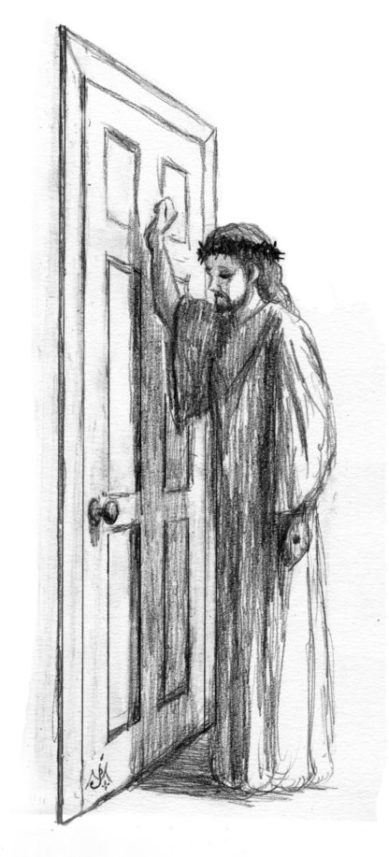I don’t see your name on the list
By LORRAINE V. MURRAY | Published May 12, 2021
Cemeteries are places I once studiously avoided. To me they were dreary reminders of our mortality and who wants to face that?
But since my husband died, I visit the cemetery now and again, and each time I am struck by how serene and lovely it is.
Usually there’s a thick, sweet silence punctuated by birdsong. The expanse of silky grass and the gnarled trees keeping watch over the dead bring hope into my heart.
Reading the gravestones, I see how the span of years for many people is shockingly short. Some people don’t live past their twenties or thirties. Sadly, over there is a teenager’s grave and over there a toddler’s.
There’s a great lesson in visiting a cemetery. Somehow, as you climb into the car to go home, you realize how many of life’s worries are trivial. Yes, your lawn needs tending, the windows want washing, the car needs maintaining.
The body has its aches, the memory has its sorrows, the heart has its wounds. But, really, in the end, none of this matters.
 In the end, it’s all about our relationship with Jesus Christ. It’s all about our final destination, which isn’t the cemetery.
In the end, it’s all about our relationship with Jesus Christ. It’s all about our final destination, which isn’t the cemetery.
It’s tempting to become complacent and believe we all have reservations at the heavenly banquet table. We picture St. Peter checking our names on a big list and then leading us happily into Paradise.
But what if he frowns, clears his throat and says sadly, “Sorry, I don’t see your name?”
When it comes to getting into heaven, some of us have been lulled into a false sense of security—but Jesus put it bluntly: “Not everyone who says to me ‘Lord, Lord’ will enter the kingdom of heaven, but only the one who does the will of my Father in heaven” (Matthew 7:21-23).
He also said “For the gate is narrow and the road is hard that leads to life and there are few who find it” (Matthew 7:13-14).
Our Catholic faith provides an amazing path to grace, which is the sacrament of reconciliation through which we experience God’s mercy and healing.
Yes, confessing our sins aloud may be humbling, it may be embarrassing—and it certainly takes courage. But what a relief when we walk away, forgiven, and what a beautiful gift to God!
St. John Vianney said, “When you go to confession, you must understand what you are about to do; you are about to un-nail our Lord.”
I pray that every homily that mentions God’s mercy will emphasize how crucial the sacrament of Confession is. Jesus was merciful to the woman caught in adultery, but he said clearly, “Go and sin no more.”
It’s hard to sit down and reflect on my life, especially since I tell myself I’m a “nice” person, but nowhere did Jesus say niceness would assure us a place in heaven.
Just the process of examining my conscience show me how often I stumble as I search for the “narrow way.” And realizing Mother Teresa went to confession weekly is definitely a humbling thought.
A priest told me about visiting a man in his nineties in the hospital. “Would you like to go to confession?” the priest asked.
“I’ll go later,” the old man replied.
The gravestones starkly reveal that at some point “later” doesn’t arrive.
“Behold, I stand at the door knocking,” Jesus says. Sometimes that door leads to the confessional, a healing place of peace and grace, where the divine physician awaits us.
And when we visit that healing place, let’s pray to one day hear St. Peter say: “Oh, yes, here’s your name. Follow me—we’re just about to start the first course, right after Jesus blesses the food.”
Sketch is by Lorraine’s late husband, Jef Murray. Her email address is lorrainevmurray@yahoo.com.